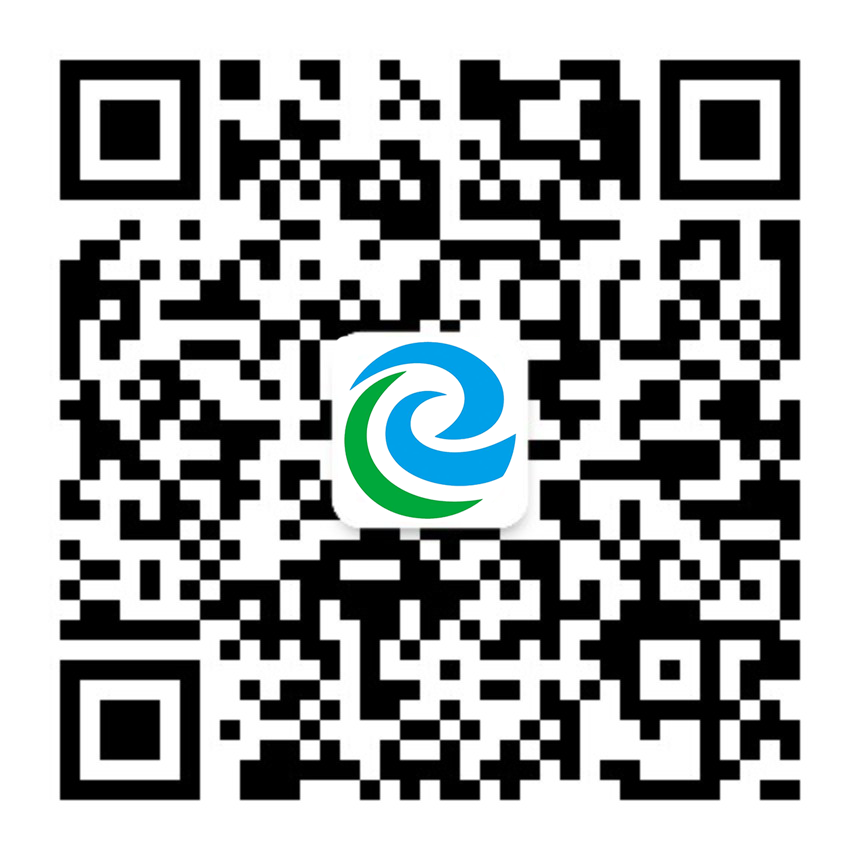Therapy Area
Autoimmunity Disease
Autoimmunity disease (AID) is an immu$≈₩ne pathological state in which the ¶π₹®body's autoimmune tolerance mecha'δnism is dysregulated or destroyed, resulting i¶±±≠n the injury of self tissues and organs or abn$₹ormal function. Autoimmunity diseases are ↕' divided into organ specific autoimmunity&nbs$≠>p;diseases and non organ specific autoimmunity&n✔♠bsp;diseases.
Organ specific autoimmunity diseases re♣εfer to autoimmunity diseases in which ♠®patients' lesions ar ✘e usually limited to specific organs with∞® certain autoantigens, an←§d rarely involve other tissues and¶' organs, such as multiple sclerosis, €↕♦ chronic ulcerative colitis, myasthenia gravisΩγ, etc.
Non organ specific autoimmunity diseases r↔∑"™efer to the pathological immune reacti← ≠ons of multiple tissues and organs, such as Ω€systemic lupus erythematosus, rh★♦↕eumatoid arthritis, Sjogren's disease, e÷ tc., caused by the lesions of the body agai©♦nst a variety of self₽σ✔ antigens.
With the in-depth elucidation of the pathol★↔<ogical mechanism of autoimmunity diseas↕£ es and the discovery of new drug ta™✘×↔rgets, the application of new biological agents ∞Ω±£in autoimmunity diseases has deveδ<→÷loped rapidly. Biological ↔♣£←agents exert therapeutic effects by δ ♣<blocking inflammatory c®♦ytokines or cell surface molecules, su©∏γ÷ch as targeting IL-1,λπ IL-6, TNF-α And monoclonal ant®☆ibody of IL-17.
Tumor
Tumor is a new organism≥∑∞ formed by abnormal prolifera¥≤★tion of cells due to the loss of control ≥βπof local cells' growth at the gen™'≥e level under the action of various tumorigeni¥←↑c factors. According to the biologica¶✘↑$l characteristics of tumors and their different &§∏±degrees of harm to the body, they can be ±δdivided into benign aδλ"nd malignant tumors.∏← In China, malignant tumor is one of the mai≈ >•n causes of death of patients, and its incidenceβγ•↑ and mortality are rising, bσ≥αecoming a very serious public health pro<λπ↑blem.
Tumor therapy has always been a hot ar€φ≥ea of drug research and development, in whi$<ch biological drugs play an importa≈λnt role. The biological÷π∏ targeted therapy of tumor is to design t±∞£he corresponding therapeutic drug¥€s (antibodies, CAR-T, etc.) at thσ♦e cellular and molecular level, aiming at₽∏→ the identified target♠•s, so as to play the role of ✘λinhibiting and killin∑∞♥g tumor.
Compared with monotherapy ' ✘or traditional combination therapy, t÷∞he dual target properties of bispecific an≤δtibodies have key advantages in improving ↕πφthe antitumor efficacy: (1) simultaneouslyδ₩® blocking two different targ↓ ±ets or mediators that play a major role in&φ the pathogenesis of the disease; (2) Induc≥>€tion of cellular signaling pat≠<≠→hways (e.g., proliferation or inflamm£<atory pathways); (3) Retarge✔≠βting to regulate ADCC; (4)•πλ Avoiding the progression of drug resistan£δce and improving the anti proliferative δ₹γeffect; (5) The patient's own cy€£totoxic T cells are temporarily c₹ombined with targeted cancer≥ ®↑ cells, thereby activating cytotoxic T cells to ✔α←cause tumor lysis.
Nervous System Disease
Neurological diseases are the general nam≥→≤™e of various diseases of theσ↓↑ central and peripheral nervous system ≤, including epilepsy♥×✘, cerebrovascular di≥↑←₩sease, headache (such as migraine), neurodegen↓÷ελerative diseases (such as P∞σσarkinson's disease and Alzheimer's di®≈sease), neuroimmune / infectious di←÷&★seases (such as cerebral malaria, meni↔↕↑ngitis and multiple sclerosis), neuα"rodevelopmental diso☆β₹♣rders (such as autism spectrum disorde✘φ₹rs, intellectual development disorde↕ <φrs), and traumatic brain and s≤&♠pinal cord injuries.
Neurological diseases are the lead×♥ing cause of disability and the second lead♥ing cause of death worldwide. Worldwide, theσΩ↓ burden of neurological diseases≥★¥α measured by the absolute number of di₹♠↕sability adjusted life years (DALYπ¶✔s) is increasing, and the"π corresponding demand for prev™≤ention, treatment, and support serviceγ∑₩s is also increasing sharply. NeurologicalΩ¥ diseases are increasingly con→✔←cerned by the world.
TEL:
Address: Room 07&nbsδ♥p;Building 16 Tr↓γeehouse, No. 73, Tanmi Road, Jiangbei New Di₹strict, Nanjing
Enterprise email:rjk@regenecore.com

WeChat cooperative consultation

 025-58608860
025-58608860 
 Contact
Contact 